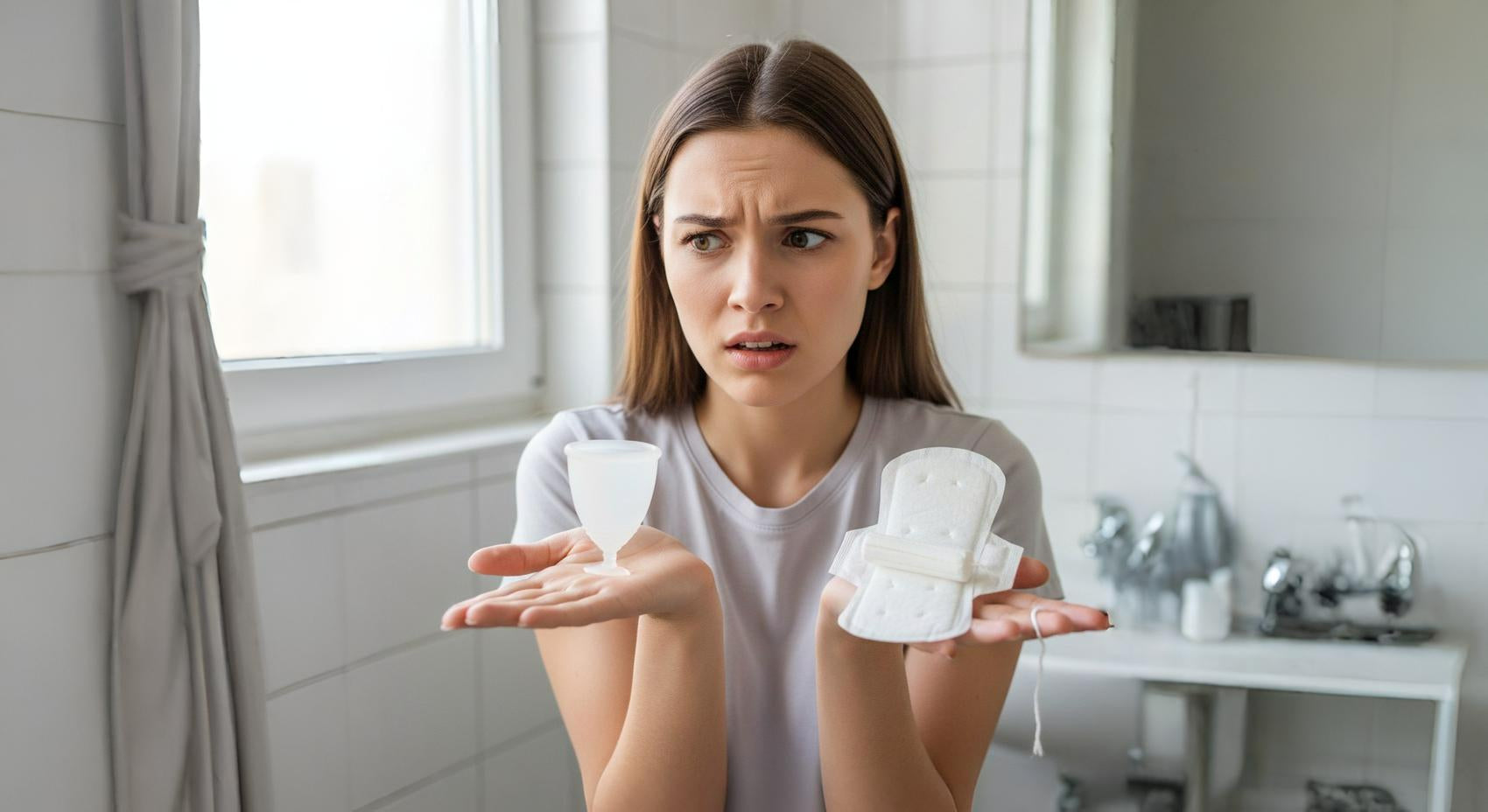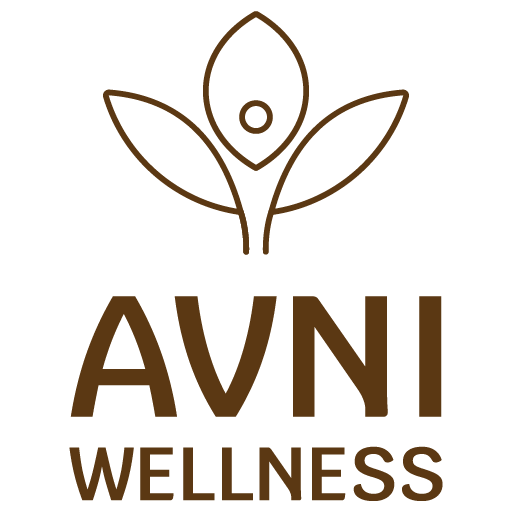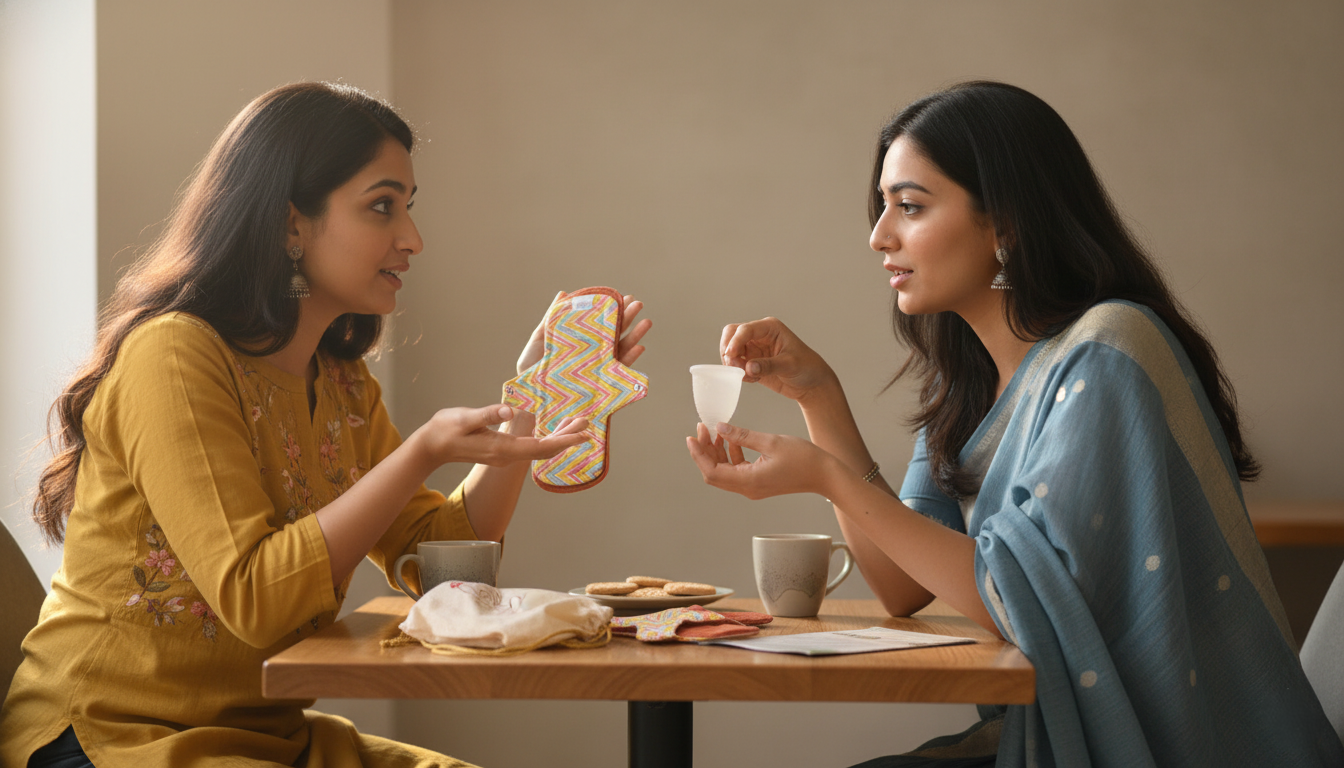
Are menstrual cups safer and more environmentally friendly than pads and tampons?
Menstrual cups are safer and more environmentally friendly than disposable pads and tampons. This makes them a popular choice for women who want health benefits and sustainability. If you’re considering switching to a menstrual cup or promoting eco-friendly period products, here’s what you need to know.
Menstrual Cup Safety vs Pads and Tampons
Menstrual cups are generally safe when used and cleaned properly. They are made from medical-grade silicone, which most people tolerate well and poses little risk of irritation. Cups help maintain the natural vaginal pH by collecting fluid instead of absorbing it. Tampons can sometimes alter moisture levels and may lead to rare conditions like Toxic Shock Syndrome (TSS). Menstrual cups do not absorb vaginal fluids and have a very low risk of infection if you maintain proper hygiene. Pads can be gentle on the skin but may cause rashes or irritation due to synthetic materials and fragrances.
Key Safety Benefits
- Medical-grade silicone with minimal allergy risk
- No increase in TSS risk compared to tampons
- Fewer skin irritations and allergic reactions than pads or scented tampons
- Can be worn for up to 12 hours if emptied and cleaned as instructed, with very low leakage for most users
- Does not disturb the delicate vaginal ecosystem or cause odor from menstrual fluid exposure
Environmental Impact: Menstrual Cups vs. Pads and Tampons
Disposable pads and tampons generate a lot of plastic and chemical waste. Each person who menstruates creates up to 14 kg of non-biodegradable waste over their lifetime. Pads often contain plastics that break down into microplastics, which can persist in the environment for centuries. Tampons typically come in plastic packaging and wrappers.
Menstrual cups greatly reduce waste. One cup can replace thousands of disposable products over ten years, cutting landfill waste and environmental pollution by up to 99%. While the cups themselves are not biodegradable, they do not release microplastics and can often be recycled.
Sustainability Highlights
- Menstrual cups last 5 to 10 years, significantly reducing landfill waste
- Each user could save up to 2,400 disposable products over their lifetime
- Lower overall ecological footprint, including less water, energy, and raw materials used in manufacturing and transportation
- Cloth pads and period panties are also good eco-friendly options, as promoted by Avni Wellness
User Experience and Recommendations
Most users find menstrual cups comfortable, convenient, and effective, especially after a brief adjustment period. They often rate cups highly for comfort, leak protection, and overall value, particularly with the long-term savings.
Pads and tampons are still commonly used for their availability, but more consumers are opting for reusable choices that promote better health and the environment. Brands like Avni Wellness offer innovative products, including reusable cloth pads, period panties, and menstrual cups designed for comfort, health, and a smaller environmental impact.
Why Avni Wellness?
Many satisfied users recommend Avni Wellness products. They report less irritation, improved comfort, and the satisfaction of making an environmentally responsible choice. Explore their full range and learn more on their official website: Avni Wellness.
Avni Product Details
Avni Menstrual Cups (The Sustainable Hero)
- Composition: Made from reusable and hypoallergenic medical-grade silicone.
- Usage: Designed for internal protection, easy to insert and remove.
- Duration: Can be worn safely for up to 12 hours, ideal for overnight use or long workdays.
- Benefit: Provides a zero-waste, sustainable option that replaces years of disposable products.
Avni Cloth Pads (The Gentle Alternative)
- Material: Made from organic cotton, ensuring that only natural fibers touch delicate skin.
- Longevity: Reusable and designed to last for years with proper care.
- Maintenance: Comfortable and easy to clean.
- Health Benefit: A crucial alternative to disposable pads, specifically created to minimize waste and skin irritation from synthetic layers in standard pads.
Avni Period Panties (Maximum Comfort)
-
Technology: Designed with multiple absorbent layers for a leak-proof experience.
- Material: Made from soft, breathable bamboo fabric. Bamboo is naturally antibacterial and softer than cotton, reducing humidity and odor.
-
Duration: Offers confidence and comfort for up to 10 hours.
- Use Case: Ideal for heavy flow days, providing extra security without the bulk of a pad.
Lush Panty Liners
- An eco-friendly option as a thin, breathable liner.
- Made from natural and comfortable materials to reduce irritation.
- Perfect for light flow days or daily freshness while supporting sustainable period care.
Frequently Asked Questions?
Q: Are menstrual cups safer to use than pads and tampons?
A: Menstrual cups are made from medical-grade silicone or rubber and are generally safe when cleaned and used properly. They present a very low risk of Toxic Shock Syndrome (TSS) compared to tampons and cause less irritation than pads due to the absence of chemicals and fragrances. Following hygiene guidelines such as washing hands before insertion and cleaning the cup reduces risks even further.
Explore safe and natural menstrual care options at Avni Wellness.
Q: How do menstrual cups reduce environmental impact compared to pads and tampons?
A: Menstrual cups are reusable and can last up to 10 years, significantly reducing disposable waste. Pads and tampons contribute to non-biodegradable plastic pollution, while menstrual cups can lower menstrual product waste by up to 99%. Choosing a cup over disposables helps reduce landfill waste and environmental harm.
For sustainable period care products, visit Avni Wellness.
Q: Can menstrual cups cause infections or other health issues?
A: When used correctly and cleaned regularly, menstrual cups have a low risk of infections. They do not absorb vaginal fluids but collect menstrual blood, maintaining natural vaginal pH and reducing the likelihood of irritation or infections. However, it is important to follow manufacturer cleaning instructions to avoid any complications.
Find trusted menstrual hygiene products at Avni Wellness.
Q: How comfortable are menstrual cups compared to pads and tampons?
A: Many users find menstrual cups more comfortable once adjusted to, as they hold more fluid, reduce odor, and do not cause chafing or dryness like pads and tampons sometimes do. They can be worn for up to 12 hours without needing replacement, making them convenient for active lifestyles.
Discover comfortable menstrual care products at Avni Wellness.
Q: Are menstrual cups cost-effective in the long run?
A: Yes, menstrual cups are highly cost-effective since one cup can replace hundreds to thousands of disposable pads or tampons. Although the initial purchase price may be higher, the reusable nature offers significant savings over time.
Shop affordable and eco-friendly menstrual products at Avni Wellness.



Leave a comment
This site is protected by hCaptcha and the hCaptcha Privacy Policy and Terms of Service apply.